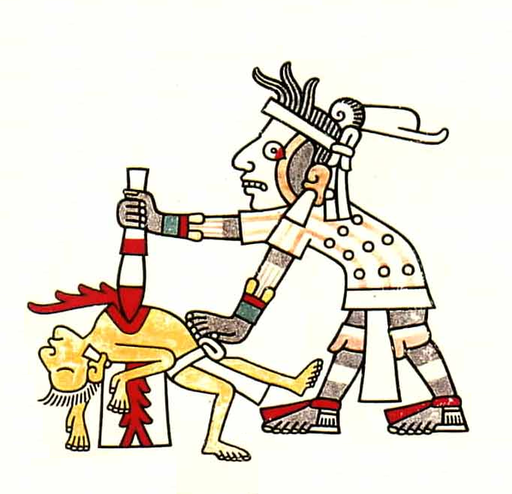
America, John Quincy Adams said in 1821, “goes not abroad, in search of monsters to destroy. She is the well-wisher to the freedom and independence of all. She is the champion and vindicator only of her own.” That’s as good a summary ever spoken of the non-interventionist position.
US Senator Lindsey Graham (R-SC) disagrees. He opposes President Trump’s quest for a peace agreement with the Taliban in Afghanistan as “reckless and dangerous,” entailing “severe risk to the homeland.”
Nearly 18 years into the US occupation of Afghanistan, at a cost of trillions of dollars, more than 4,000 Americans dead and more than 20,000 wounded, Graham and his fellow hawks clearly aren’t really looking for monsters to destroy. They want those monsters alive and at large, to justify both their own general misrule and the perpetual flow of American blood and treasure into foreign soil (read: into the bank accounts of US “defense” contractors).
The US invasion of Afghanistan was never militarily necessary. The Taliban offered to hand over Osama bin Laden upon presentation of evidence that he was the mastermind of the 9/11 attacks, an offer President George W. Bush arrogantly declined in favor of war.
The extended US occupation of, and “nation-building” project in, Afghanistan, was even less justifiable. Instead of relentlessly pursuing the supposed mission of apprehending bin Laden and liquidating al Qaeda, US forces focused on toppling the Taliban, installing a puppet regime, and setting themselves to the impossible task of turning Kabul into Kokomo.
It hasn’t worked. It’s not working now. It’s not going to start working. Ever. It should never have been attempted. Afghans don’t want Lindsey Graham running their affairs any more than you want him running yours. Can you blame them after as many as 360,000 Afghan civilian deaths?
Afghanistan is not and never has been a military threat to the United States, let alone the kind of existential threat that would justify 18 years of war. Yesterday isn’t soon enough to bring this fiasco to an end. But Graham and company would, given their way, drag it out forever.
They’re the kind of grifters H.L. Mencken had in mind when he noted that “[t]he whole aim of practical politics is to keep the populace alarmed (and hence clamorous to be led to safety) by menacing it with an endless series of hobgoblins, all of them imaginary.” But they’d rather keep old hobgoblins alive than have to manufacture new ones.
Thomas L. Knapp (Twitter: @thomaslknapp) is director and senior news analyst at the William Lloyd Garrison Center for Libertarian Advocacy Journalism (thegarrisoncenter.org). He lives and works in north central Florida.
PUBLICATION/CITATION HISTORY


